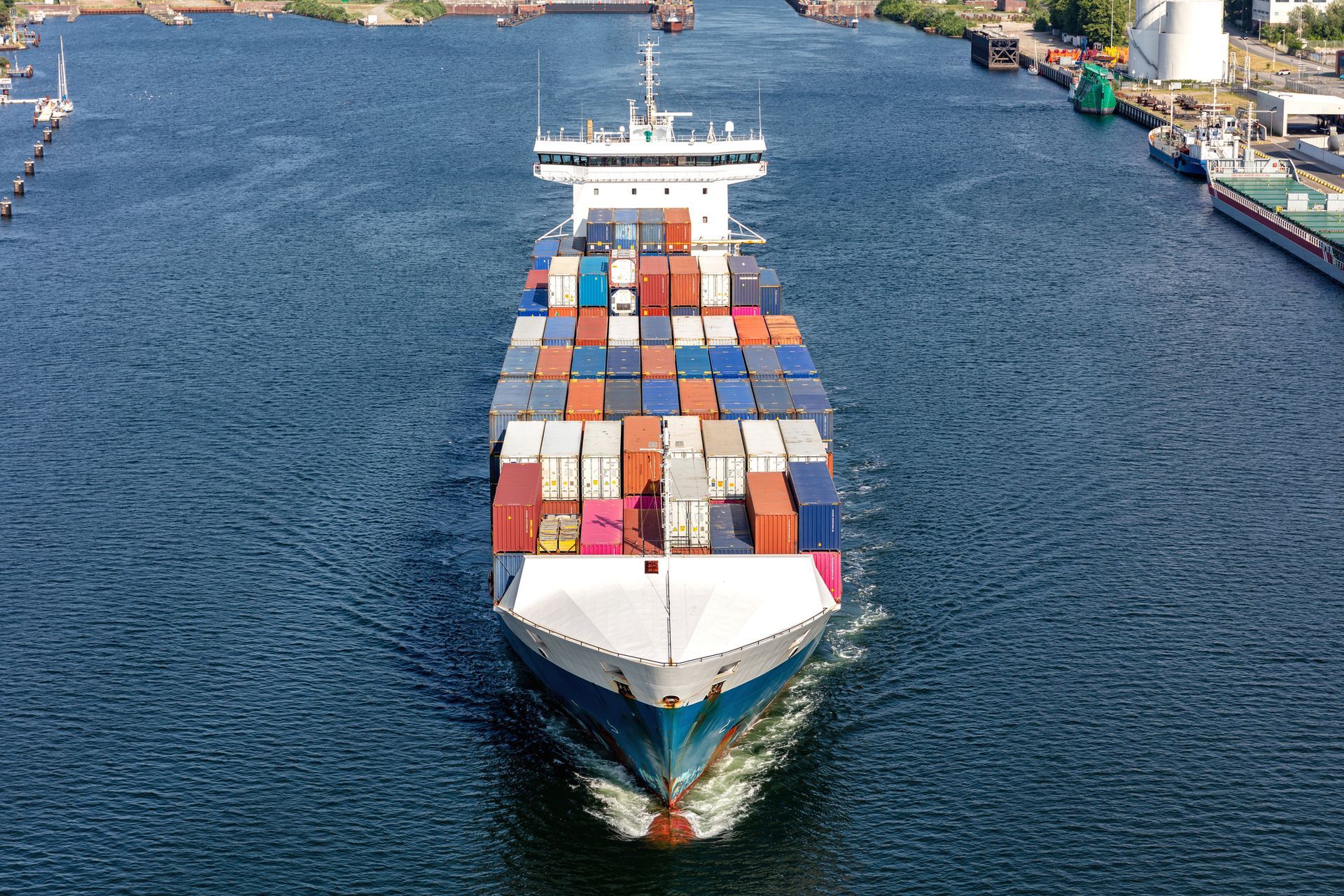
Black Friday, globally recognized as one of the main dates for promotions, is marked by promises of big discounts and the ever-alluring "free shipping."
This strategy, especially in e-commerce, encourages consumption, leading customers to add more products to their carts to meet the minimum value required to benefit from free shipping.
However, while free shipping is a common feature in e-commerce to boost sales by embedding shipping costs into product prices, this practice becomes unfeasible in the context of international trade and maritime freight.
Unlike a simple e-commerce transaction, freight in international trade is the core service itself, making the promise of free shipping complex and unsustainable in global logistics operations.
Why Free Shipping Doesn’t Work in International Trade
In international trade, the concept of free shipping is fundamentally impractical. The main reason for this is that, unlike online retail, freight in international transactions represents the core of the logistical service rather than an add-on to a purchase.
When e-commerce offers free shipping, the cost of this service is embedded in the product price, allowing the company to offer "free" shipping indirectly.
However, in international logistics, freight is the product being sold, and the costs of this operation are high, variable, and directly influenced by factors such as continental distances, customs regulations, fuel surcharges, and port fees.
Some international transport companies may still advertise "free shipping" as a marketing strategy, but in reality, this cost is not eliminated—only redistributed.
In such cases, the cost of "free" shipping falls onto another factor, such as the product price, added fees at the end of the transaction, or even partial absorption of costs by the freight provider, a practice that can lead to severe financial and operational risks.
Costs in International Trade That Make Free Shipping Impractical
International trade involves a range of complex and unavoidable costs that make free shipping a risky and financially unsustainable promise.
One of the main elements influencing international freight costs is fuel, a variable expense impacted by global economic and political conditions, which directly affects the final shipping cost.
Another critical factor is port fees, which vary by destination country and can be significant in some logistical transactions.
Additionally, there are costs for:
- Cargo handling;
- Customs duties;
- Fixed operational expenses for transport, including ships, containers, insurance, and personnel.
Unlike domestic freight, where costs can sometimes be minimized, international transport requires complex and long-term logistical planning to ensure compliance with international regulations, safety, and timely delivery.
Companies that attempt to offer free shipping in international trade must absorb these costs, creating a high risk of financial unsustainability. In extreme cases, this approach can lead to bankruptcy.
The Risks of Misleading Free Shipping Offers in International Trade
Companies that advertise "free shipping" in international trade risk creating false customer expectations and jeopardizing their own financial sustainability.
Shipping companies—those that own and operate vessels—would never offer zero-cost freight since maritime transport costs are unavoidable and far from flexible.
When logistics providers absorb these costs to attract customers, they compromise their financial health, potentially leading to an unsustainable “snowball effect.”
There are documented cases of companies in international trade going bankrupt after attempting to sustain free shipping practices. By accumulating uncovered costs, these companies began operating at a loss, resulting in debt and, in some cases, the complete shutdown of operations.
In such situations, customers are also impacted. Their goods may be held at ports, leading to logistical and financial disruptions, such as the need to pay again for transport to release the merchandise.
Furthermore, when a company collapses, customers who have already paid for shipping might have to cover these costs again. This domino effect affects not only logistics companies but the entire supply chain, including exporters, importers, and other freight agents.
The attempt to offer free shipping in international trade may seem advantageous at first glance but ultimately proves harmful to all parties involved over time.
Conclusion: The Value of Fair and Transparent Freight
The concept of free shipping may be highly attractive to e-commerce consumers, but in international trade, it is neither a sustainable nor realistic advantage.
Instead of focusing on illusions of free services, companies and freight agents should prioritize transparent and fair pricing models in international transport. Understanding that freight is a service with clearly defined costs, which directly influence the operation’s feasibility, is essential for ensuring safe and financially viable logistics.
For companies and freight agents, choosing fair and transparent freight practices builds trust with clients, ensuring they understand the value of the services provided and the real costs involved in international logistics.
A clear pricing model prevents financial problems and contributes to the longevity and reputation of companies in the industry, ensuring that both clients and providers are protected from unsustainable commercial promises.
Rather than seeking "free shipping" offers, freight agents and their clients should focus on practices that truly add value and protect their investments.
Understanding Incoterms and the actual logistics costs is an essential first step for anyone aiming to operate in international trade with security and success.
Continue a navegar no blog da Allink

Mantenha-se informado sobre o comércio exterior
Assine nossa newsletter e receba atualizações semanais de forma gratuita sobre o mundo da logística.




